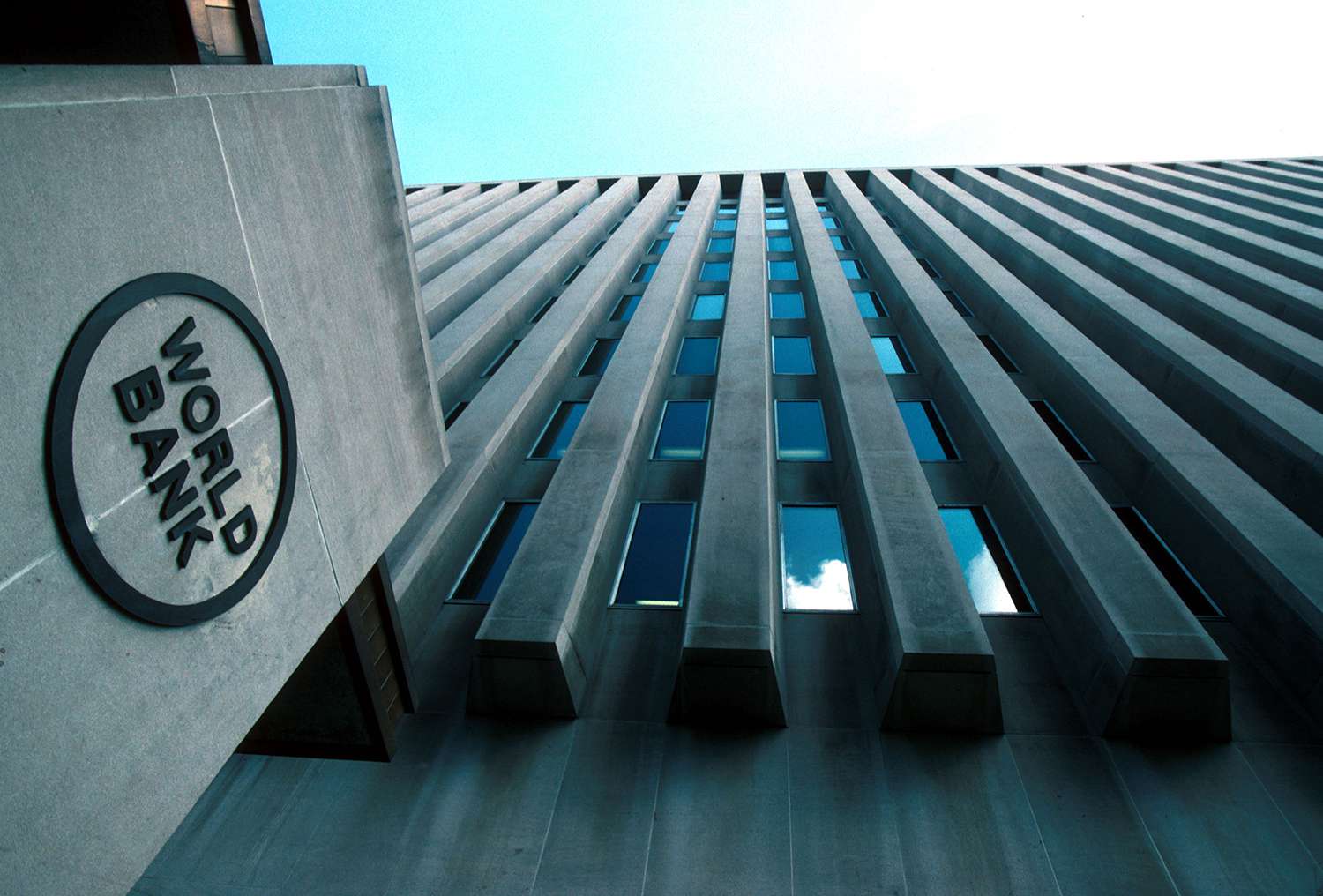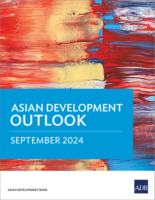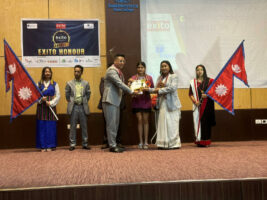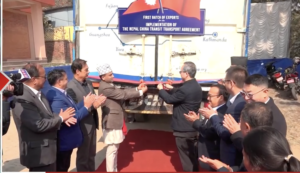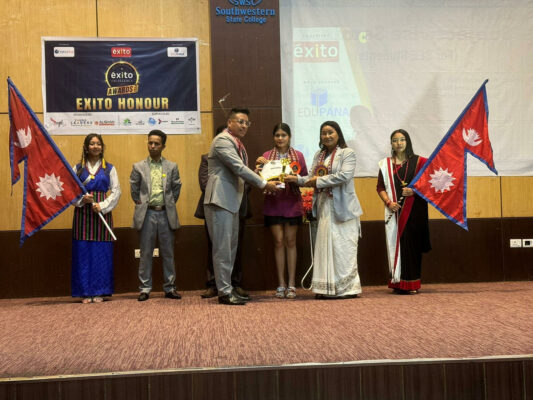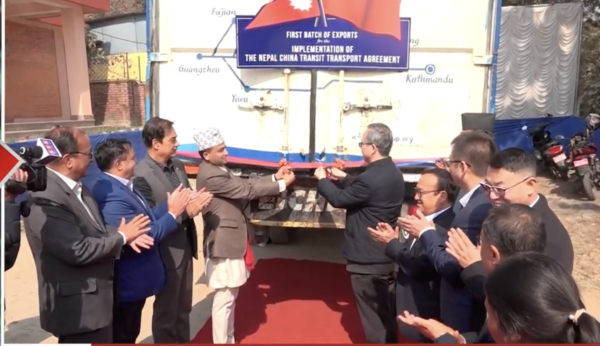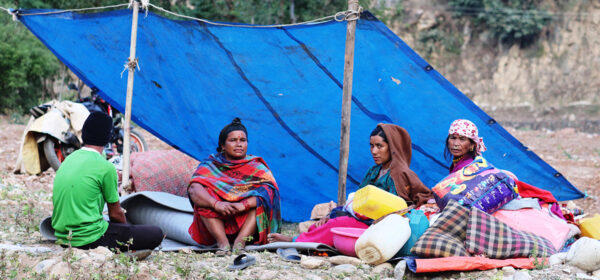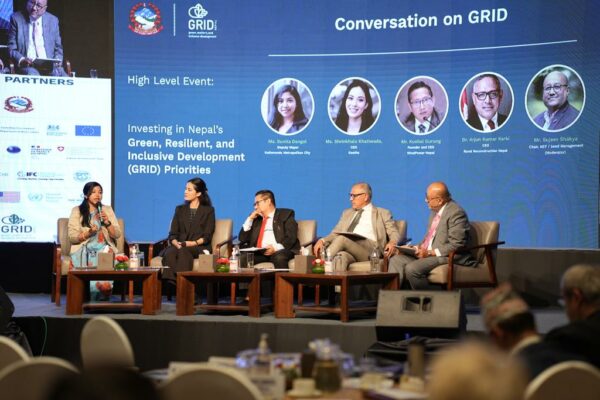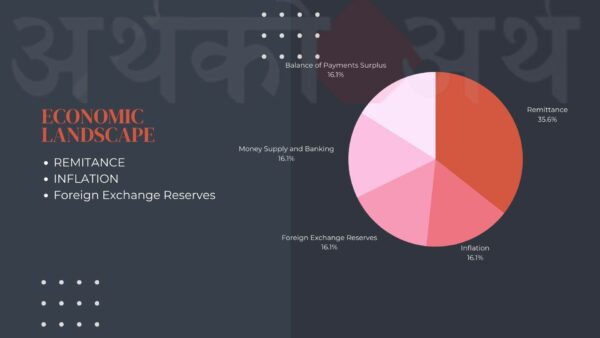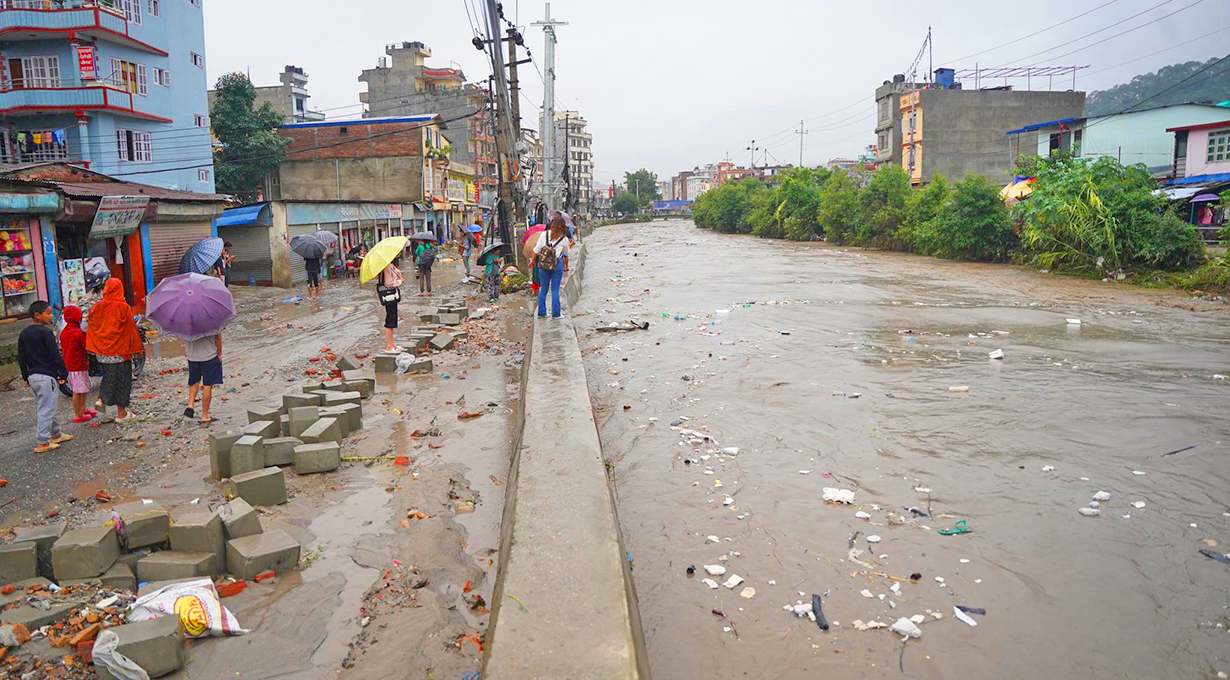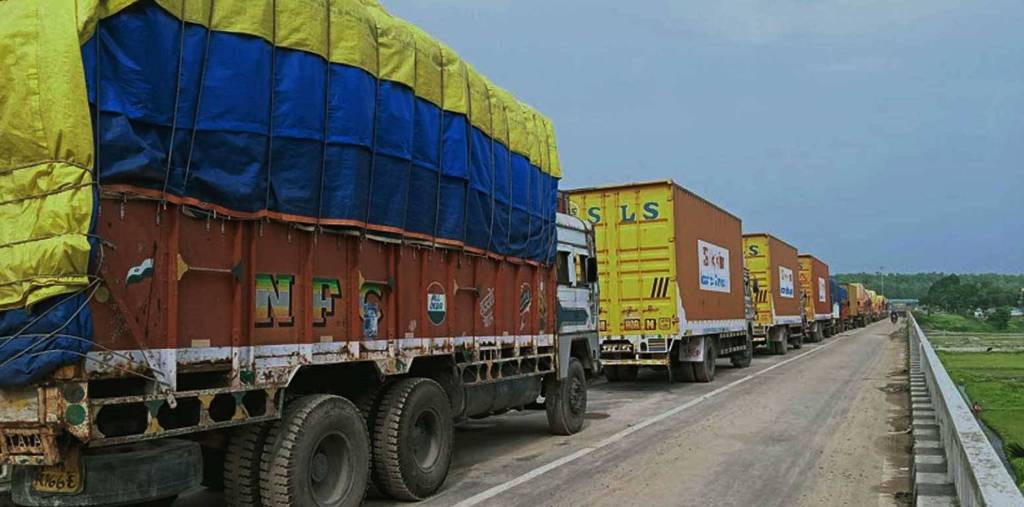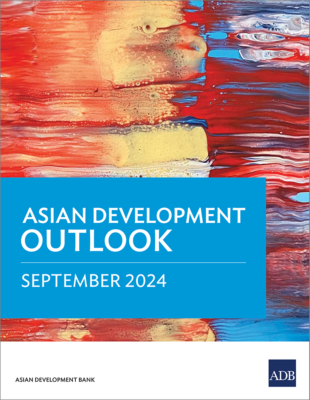September 21, 2023 – The World Bank has granted Nepal $20 million in support of the Government’s Food and Nutrition Security Enhancement Project (FANSEP)-II. This substantial financial backing is poised to transform the lives of more than 55,000 small-holder farmers across 16 rural municipalities in Nepal. The primary objectives of the project are to enhance agricultural productivity, promote improved nutrition practices, and scale up climate-smart agricultural methods.
Faris Hadad-Zervos, the World Bank Country Director for Maldives, Nepal, and Sri Lanka, emphasized the importance of these efforts, stating, “Achieving food and nutrition security and reducing poverty are national goals of the Government of Nepal, in line with commitments to realize the Sustainable Development Goals and Zero Hunger Challenge. This operation supports the Government of Nepal’s efforts to enhance productivity and livelihoods and improve the nutrition security of marginalized communities.”
FANSEP-II is structured around three key components:
- Climate and Nutrition Smart Agricultural Technology Adaptation and Dissemination
- Income Generation and Diversification
- Improving Nutrition Security
The project builds upon the success of the Food and Nutrition Security Enhancement Project, which is set to conclude on June 30, 2024. The $20 million grant is financed by the Global Agriculture Food Security Program (GAFSP) Trust Fund, further aligning with Nepal’s commitment to green, resilient, and inclusive development. Additionally, it will contribute significantly to enhancing the resilience of marginalized communities residing in food-insecure and disaster-affected areas of Nepal.
Karishma Wasti, the World Bank’s Project Task Team Leader, emphasized the project’s importance in strengthening Nepal’s agriculture and nutrition sectors. She stated, “This operation, financed by a grant from the Global Agriculture Food Security Program (GAFSP) Trust Fund, is aligned with Nepal’s green, resilient, and inclusive development agenda and will help build the resilience of marginalized communities in food insecure and disaster-affected areas of Nepal.”
The grant from the World Bank marks a significant milestone in Nepal’s journey towards achieving food security, reducing poverty, and improving the overall well-being of its rural communities. The project’s multifaceted approach, including climate-smart agricultural practices and nutrition-focused initiatives, holds the potential to transform the lives of thousands of small-holder farmers, contributing to a more sustainable and prosperous future for Nepal.

